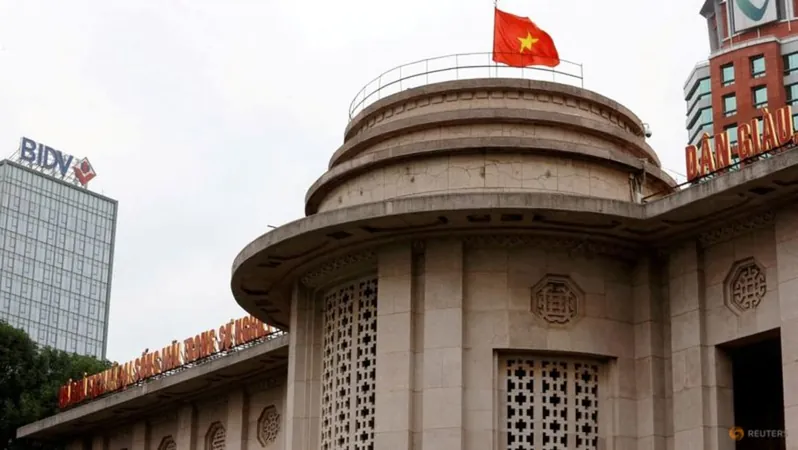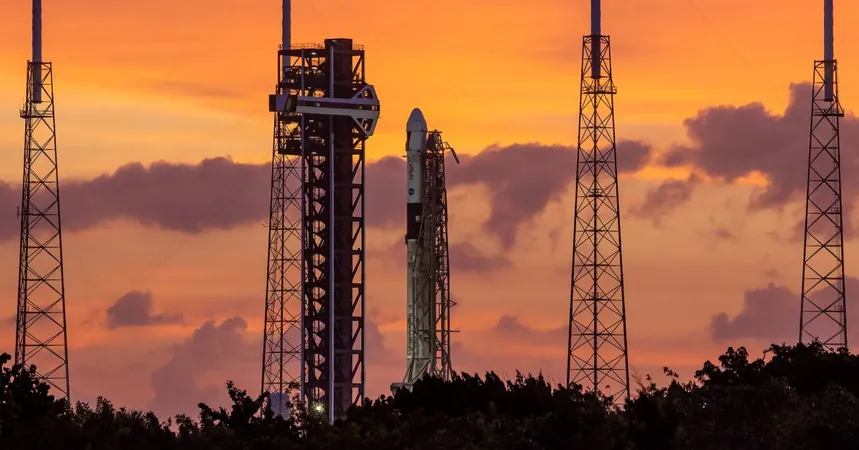
Vietnam Grants Amnesty to Nearly 3,800 Prisoners, Including Foreign Nationals
2024-09-30
Vietnam Grants Amnesty to Nearly 3,800 Prisoners, Including Foreign Nationals
HANOI: In a significant move ahead of Vietnam's National Day celebrations, the government announced on September 30 that it will grant amnesty to nearly 3,800 prisoners, which includes around 20 foreign nationals from countries such as China, the United States, Cambodia, Iceland, India, Laos, and South Africa.
Since 2009, Vietnam has implemented nine special amnesties, allowing over 92,000 inmates to be released early, however, these releases have consistently excluded political activists. The current amnesty does not apply to individuals convicted of serious offenses such as "attempting to overthrow" the communist regime or "terrorism."
The government had previously made headlines with the early release of two prominent prisoners earlier in September—environmental activist Hoang Thi Minh Hong, who was serving a three-year sentence for tax-related offenses linked to her environmental group CHANGE, and political dissident Tran Huynh Duy Thuc, an internet entrepreneur sentenced to an arduous 16-year term for allegedly attempting to challenge state authority back in 2010.
Authorities specified that the released prisoners would be freed on a Tuesday, following Vietnam's National Day on September 2, as part of a broader initiative to promote rehabilitation and reintegration into society. Although officials have withheld information regarding the exact number of current detainees, there are approximately 643 foreign prisoners documented in Vietnam’s correctional facilities.
Human Rights Watch reports a concerning figure of over 160 political prisoners still incarcerated in Vietnam, highlighting ongoing issues related to political freedom and prisoner rights in the country. As global attention turns to Vietnam's human rights practices, the implications of these amnesties and ongoing detentions will be closely scrutinized in the coming months.
Could this strategic amnesty be a sign of changing tides in Vietnam's approach to foreign relations and human rights, especially as the country navigates its international image amid growing scrutiny? Only time will tell as Vietnam continues to balance its internal policies with external expectations.



 Brasil (PT)
Brasil (PT)
 Canada (EN)
Canada (EN)
 Chile (ES)
Chile (ES)
 España (ES)
España (ES)
 France (FR)
France (FR)
 Hong Kong (EN)
Hong Kong (EN)
 Italia (IT)
Italia (IT)
 日本 (JA)
日本 (JA)
 Magyarország (HU)
Magyarország (HU)
 Norge (NO)
Norge (NO)
 Polska (PL)
Polska (PL)
 Schweiz (DE)
Schweiz (DE)
 Singapore (EN)
Singapore (EN)
 Sverige (SV)
Sverige (SV)
 Suomi (FI)
Suomi (FI)
 Türkiye (TR)
Türkiye (TR)